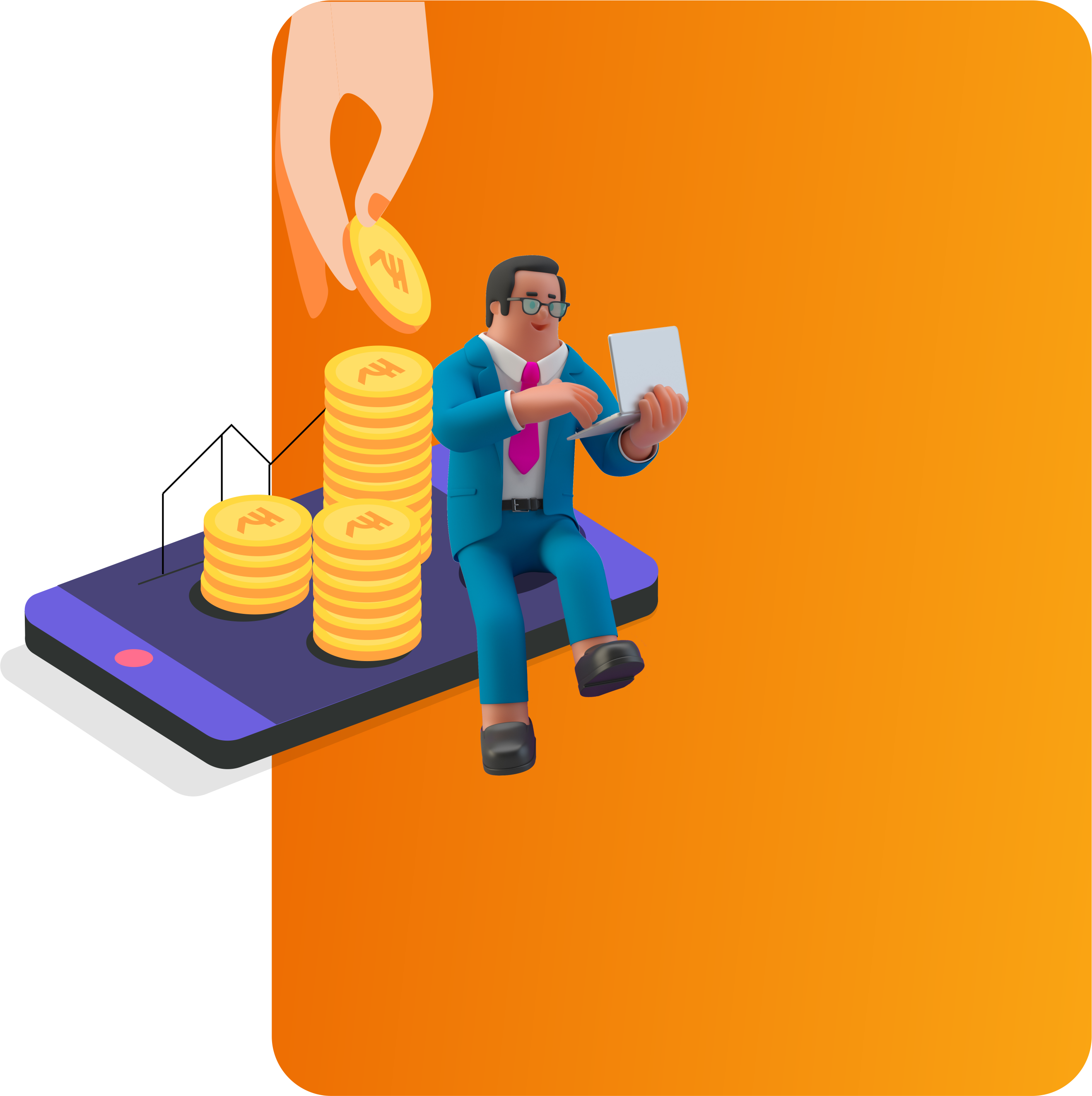 COMMODITIES
COMMODITIES
Online Commodity trading with S & P Financial Services
Understanding the diverse options in the commodities markets is tough especially, how to use commodities to hedge your equity/bond portfolio. Online commodity trading helps you explore the world of commodities, manage an investment portfolio that incorporates the scope and diversity of various commodities. Besides lowering risk & boosting returns.
Commodities set their own upper and lower limits. If there is a breach of these upper or lower limits, trading on that commodity is stopped for a brief period of time.
Yes. Commodity exchanges set a maximum amount or quantity of a commodity that can be traded or held, depending on the type of commodity.
The process of electronically buying and selling commodities in the commodity exchanges is the commodity trading.
To begin online commodity trading, you need to first open a trading and demat account with a trustworthy broker like us, S & P Financial Services. Once the account has been opened, you can start investing in commodities by using your broker’s web platform or apps.
Commodities are classified into the four categories - bullion, metals, energy, and agriculture. When it comes to commodities trading in India, you can trade in the following.
- Bullion - gold and silver
- Metals - copper, zinc, aluminium, lead, steel, and nickel
- Energy - crude oil and natural gas
- Agriculture - cotton, cardamom, crude palm oil, mentha oil, rubber, kapas, chana, barley, bajra, wheat, guar seed, guar gum, castor seed, soybean, turmeric, coriander, moong, maize, paddy, jeera, mustard seeds, sesame seed, gur, and more.
A commodities exchange is a legal entity that enforces rules for trading standardized commodity contracts and related investment products. Commodities exchanges also refer to the physical center where trading takes place. The commodities market trades more than trillions of dollars each day.
You can trade in bullion, metals, energy, and agriculture.
There are a couple of differences between the commodity spot and futures markets. One difference has to do with the delivery dates. In the commodity spot market, the asset is to be delivered immediately, whereas in the commodity futures market, the asset is agreed to be delivered at a future date.